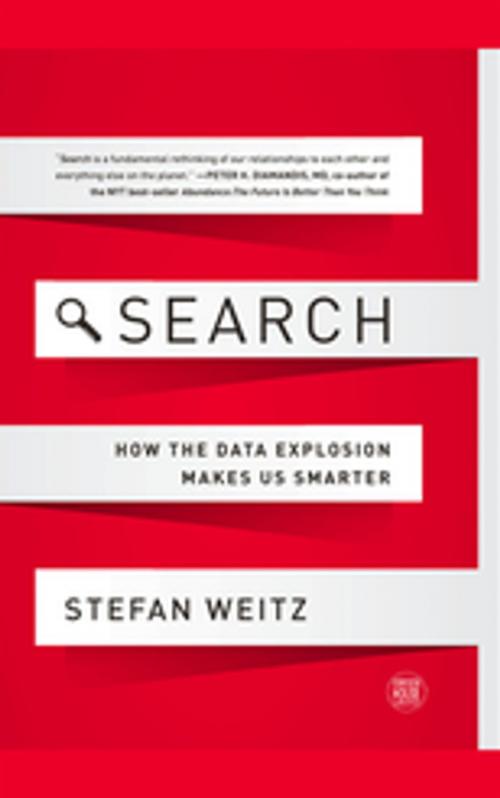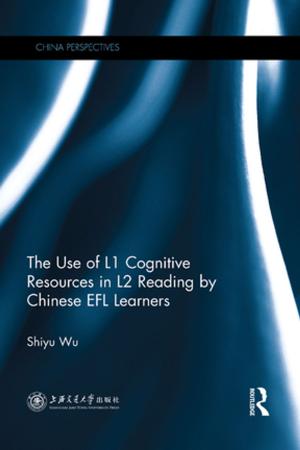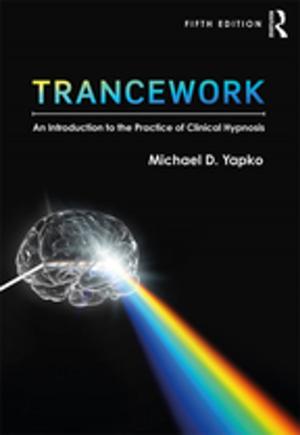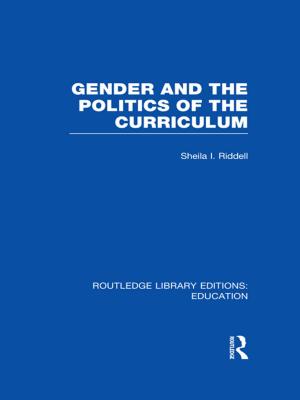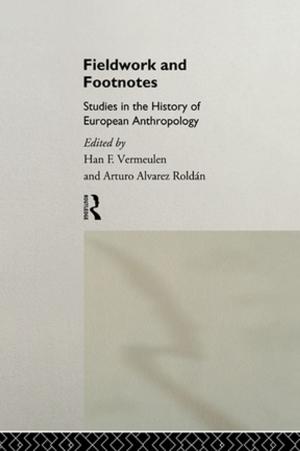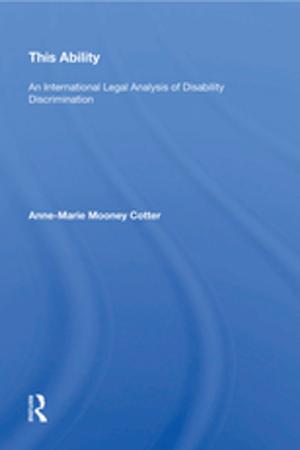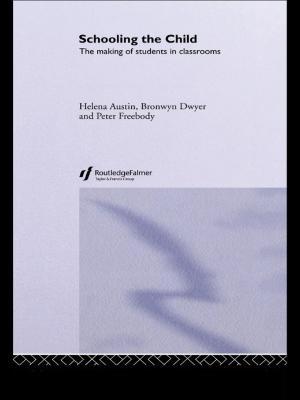Search
How the Data Explosion Makes Us Smarter
Business & Finance, Career Planning & Job Hunting, Careers| Author: | Stefan Weitz | ISBN: | 9781351860871 |
| Publisher: | Taylor and Francis | Publication: | November 3, 2016 |
| Imprint: | Routledge | Language: | English |
| Author: | Stefan Weitz |
| ISBN: | 9781351860871 |
| Publisher: | Taylor and Francis |
| Publication: | November 3, 2016 |
| Imprint: | Routledge |
| Language: | English |
Search is as old as language. We've always needed to find something in the jumble of human creation. The first web was nothing more than passing verbal histories down the generations so others could find and remember how not to get eaten; the first search used the power of written language to build simple indexes in printed books, leading to the Dewey Decimal system and reverse indices in more modern times. Then digital happened. Besides having profound societal impacts, it also made the act of searching almost impossibly complex for both engines and searchers. Information isn't just words; it is pictures, videos, thoughts tagged with geocode data, routes, physical world data, and, increasingly, the machines themselves reporting their condition and listening to others'. Search: How the Data Explosion Makes Us Smarter holds up a mirror to our time to see if search can keep up. Author Stefan Weitz explores the idea of access to help readers understand how we are inventing new ways to search and access data through devices in more places and with more capabilities. We are at the cusp of imbuing our generation with superpowers, but only if we fundamentally rethink what search is, how people can use it, and what we should demand of it. "Search: How The Data Explosion Makes Us Smarter" is the first title from GreenHouse Collection. Created by the founders of Insight Labs, the world's first philanthropic think tank, GreenHouse Collection features books that encourage deeper exploration and inquiry to inform new models for social good.
Search is as old as language. We've always needed to find something in the jumble of human creation. The first web was nothing more than passing verbal histories down the generations so others could find and remember how not to get eaten; the first search used the power of written language to build simple indexes in printed books, leading to the Dewey Decimal system and reverse indices in more modern times. Then digital happened. Besides having profound societal impacts, it also made the act of searching almost impossibly complex for both engines and searchers. Information isn't just words; it is pictures, videos, thoughts tagged with geocode data, routes, physical world data, and, increasingly, the machines themselves reporting their condition and listening to others'. Search: How the Data Explosion Makes Us Smarter holds up a mirror to our time to see if search can keep up. Author Stefan Weitz explores the idea of access to help readers understand how we are inventing new ways to search and access data through devices in more places and with more capabilities. We are at the cusp of imbuing our generation with superpowers, but only if we fundamentally rethink what search is, how people can use it, and what we should demand of it. "Search: How The Data Explosion Makes Us Smarter" is the first title from GreenHouse Collection. Created by the founders of Insight Labs, the world's first philanthropic think tank, GreenHouse Collection features books that encourage deeper exploration and inquiry to inform new models for social good.
